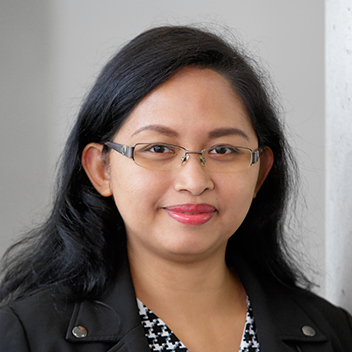
Manila-based think-tank Asia Pacific Pathways to Progress (APPFI) and Brisbane-based Griffith Asia Institute (GAI) co-organized the 2019 Philippine-Australia Dialogue on July 18-19, with the support of the Australian Embassy in the Philippines. This year’s theme was “Connecting the Spokes” in reference to the hubs and spokes model with the United States as the center.
To ask how to connect the spokes is also to ask how to create a regional order in our own image. This echoes Australian Ambassador Steven Robinson’s call to not sit back in the face of great power competition. The following are ways to connect the spokes, which can serve as lessons on how to improve bilateral relations and craft a more resilient regional security architecture.
First, considering the unprecedented changes taking place in our geostrategic environment, the region’s coping mechanisms must be nuanced. In this context, the significance of middle power diplomacy and minilateral arrangements cannot be underestimated. Both are an articulation of soft power, which relies on the careful and effective exercise of language and persuasion. Tapping diplomacy and mililateralism can only result in stronger bilateral relations.
A second lesson that can be drawn from the Philippine-Australia Dialogue is that while the hub and spokes model endures, there is nonetheless a need to diversify our strategic options. Comprehensive or strategic partnerships may be the way to go about this, instead of relying solely on the strict parameters of alliances. Another option can be to find complementarity in terms of bilateral and systemic arrangements.
Third, it is imperative that we identify our priorities, not least in terms of security cooperation. On one hand, security cooperation between the Philippines and Australia has now evolved to include warfighting exercises. This is likewise reflective of the recognition that security cooperation is functional, inclusive, and sustainable. Despite this evolution, however, there is a need to be cautious about not exacerbating the security dilemma when widening the areas of cooperation.
Fourth, in the wake of the US-China trade war, the gains from which are not automatic, the Philippines and Australia can therefore maintain their very robust economic relationship by minimizing dependence on China. This can be accomplished by diversifying our economic partnerships via strengthening of people-to-people links and public-private partnerships.
Finally, addressing issues like counterterrorism require alternative and sustainable solutions. Epistemic communities can prove invaluable in enhancing counterterrorism efforts via track 1.5 diplomacy and higher education. Similarly, strategic communication and the power of narratives can be a game-changer in countering violent extremism.
Hence, these five lessons can connect the spokes and build a regional order that is more resilient and responsive to today’s challenges. However, there are still several questions that remain unanswered, not least of which is the fact that the abovementioned ways of connecting the spokes simply prop up the status quo. Implicit here is the normative assumption that the hub and spokes model will or must remain. This further implies that the United States will remain at the hub. Will the US remain able and willing to do its job? If, on the flipside, the US is both unable and unwilling, will a new hub mean a new structure? Should that be the case, what might that new structure look like? In whose image would it be created?

Dr. Charmaine G. Misalucha is currently an Assistant Professor in the International Studies Department of De La Salle University in Manila, Philippines. Her areas of specialization are US-Southeast Asia relations, ASEAN, and regionalism. She was a Visiting Research Fellow under a Japan Foundation grant in the Osaka School of International Public Policy at Osaka University in Japan, as well as a recipient of the inaugural US-ASEAN Fulbright Program. She did her fellowship in the School of International Service at American University in Washington, DC. She received her PhD from the S. Rajaratnam School of International Studies at the Nanyang Technological University in Singapore. She is also a research fellow at Asia Pacific Pathways to Progress Foundation Inc.
